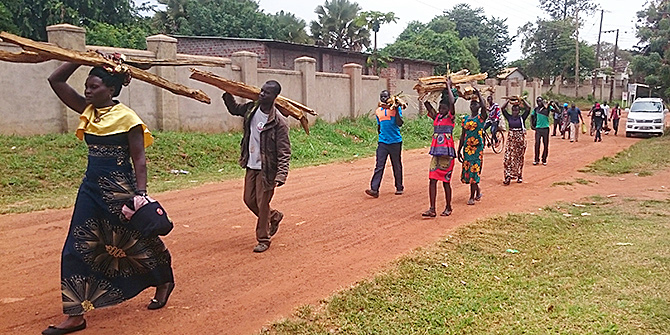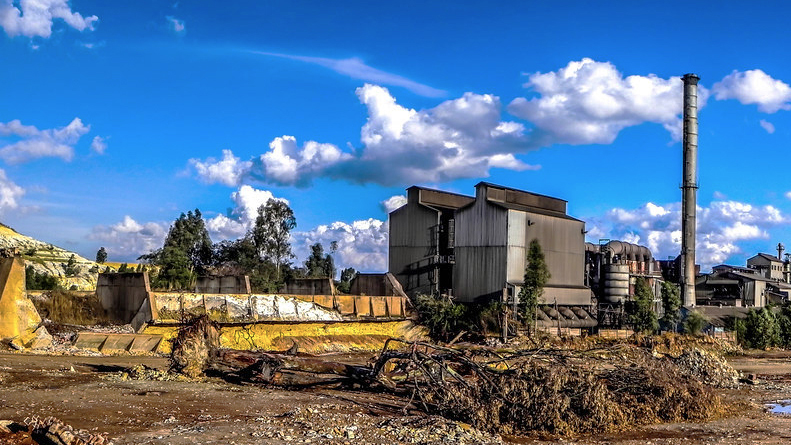Alice Mogwe, Director of Ditshwanelo (Botswana Centre for Human Rights), is one of the participants in LSE’s Programme for African Leadership which ends today.
Tell me a bit about yourself
I am from Botswana in Southern Africa where I attended secondary school. I started primary school in Oxford and Reading in England where my father was studying at those universities. The first part of my university education was in apartheid South Africa and the second part was in England at the University of Kent.

I run a human rights organisation in Botswana. I studied law, but I lost faith in the law because of being put in the laboratory of apartheid South Africa, recognising that my rather simplistic understanding of law at age 16 or 17 encapsulated in my simple equation of law equals justice didn’t work in apartheid South Africa. It got me really questioning what law was about, who creates the laws, for whose benefit, how you implement them, who has access to them etc. I really felt that my place was outside the law, not in illegal activity, but working in civil society.
Can you expand a bit more about your experience attending university in apartheid South Africa?

I came from Botswana where we do not have apartheid and we have had a multi-party democracy since independence in 1966 and non-racism has been one of our founding principles. Our first president was married to an English woman in 1948. There was a whole hoo-hah in 1948 when they got married. But the race issue has never been as big as it was in South Africa. It was difficult, but an incredible learning experience. It instilled in me a passionate belief in working as hard as I could throughout my life to ensure that what I saw in South Africa did not happen in my own country or indeed anywhere else.
You were a victim of Wikileaks, weren’t you?
There was a story in our local press referring to a comment I allegedly made about our President some years ago (while he was Vice President). I made a quote about him “not being a human rights person”. So yes, I was leaked by Wikileaks.
You have garnered a lot of respect for your work in human rights given that you have been decorated by the French government?
I was awarded the Chevalier de L’Ordre National du Merite (Knight of the National Order of Merit) in recognition of the work I’ve done not only in relation to human rights generally, but also in relation to the work I have done in women’s rights.
The International Criminal Court has received a lot of criticism as it is said that it targets mostly Africans to bring them to trial. As a human rights experts, what is your stance on that?
I believe that a human rights violation is a human rights violation wherever it happens in the world. I am a bit concerned as to who is doing the naming as opposed to the naming of the act itself. Botswana’s position on the ICC has been very supportive and, in fact, was in support of the indictment of Sudan’s President al-Bashir, contrary to the position of most of the member states of the African Union. Botswana has been prepared to go it alone at times on specific issues related to democracy and on the continent.
While not forgetting the historical legacy of colonialism, North power relations, the interest of the North in relation to resources in the South, I think it is very important to focus on the fact the questions that needs to be asked are: Are violations occurring? Are people dying? If the answer is yes, then some of sort attention needs to be paid to it.





